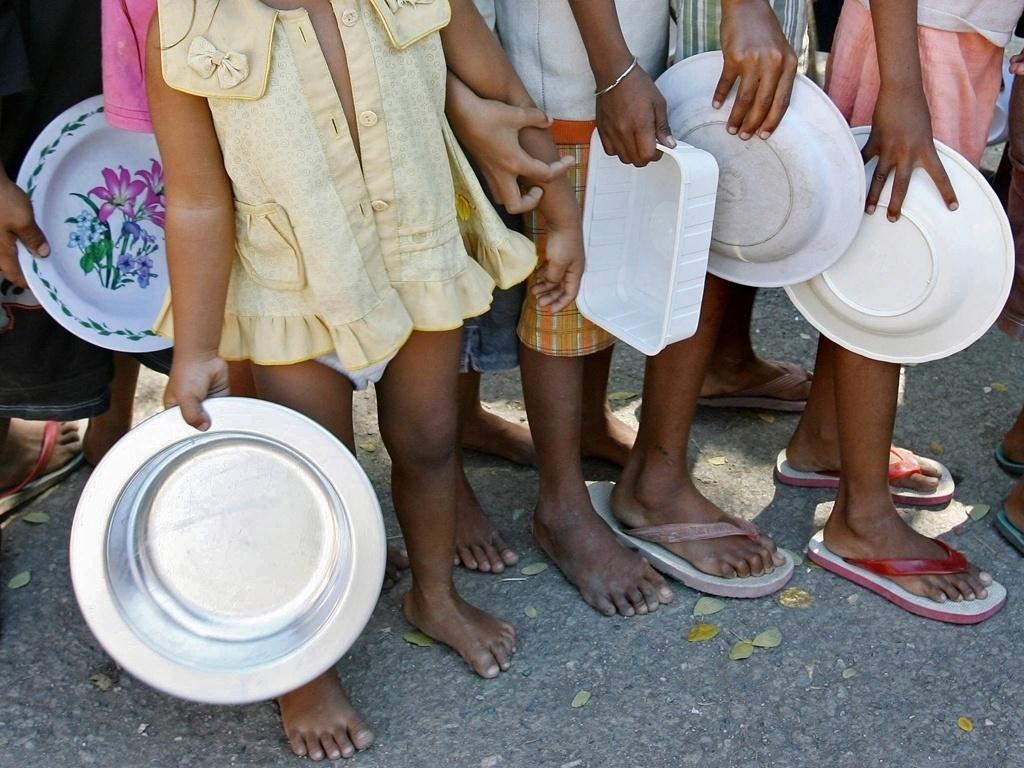RIO DE JANEIRO, BRAZIL – The novel coronavirus pandemic has affected the quality and quantity of food that Brazilian children and adolescents are consuming.
In addition, in several other aspects, their households have been the most affected by the economic and social crisis triggered by the virus in Brazil. This is the conclusion of a survey conducted by the IBOPE and UNICEF with adults living with adolescents and children between four and 17 years of age.
According to the survey, 21 percent of all respondents said they experienced times when food ran out and there was no money to buy more. Among households with children and adolescents, this percentage stood at 27 percent.

With no one to turn to, such as food distribution programs, six percent said the only way out was to stop eating, which represents about nine million Brazilians who missed meals for lack of money. In homes with children and adolescents, this percentage rises to eight percent.
The study also shows that food, when there is any, is of worse quality in many cases. Almost half (49 percent) of Brazilians suffered some change in eating habits during this quarantine period. Among households with children or adolescents the impact was even greater: 58 percent.
This includes increased consumption of industrialized foodstuffs, soft drinks, and fast food, which contributed to the growth of yet another epidemic, explains Cristina Albuquerque, head of health for UNICEF Brazil. “Covid-19 may lead to a worsening of the obesity epidemic among children, adolescents, and families,” she said.
The empty table is a direct consequence of the economic crisis that mainly affected the poorest families during the pandemic. Over half of respondents (55 percent) said income dropped since the start of the pandemic. In many cases, the drop was due to firing from jobs, as 64 percent said they were working before the coronavirus reached Brazil, but at the time of the survey, conducted in July, this percentage had dropped to 50 percent.
Homes with children and adolescents were also particularly affected in this respect: in these homes, 63 percent said their income had dropped. In 25 percent of these homes, income decreased by half. In homes without children, the same reduction was observed by 14 percent.
The majority continued to study
The survey also assessed the impact of the pandemic on education and found a somewhat surprising figure: 91 percent said that children and adolescents continued to engage in school activities during the pandemic. This percentage attracted the attention of UNICEF authorities who released the data to the press on Tuesday morning, August 25th.
But, on the other hand, it was stressed that the quality of this school link that was remotely maintained in recent months must be examined. “The main question is to understand the quality of this attendance of activities,” said Italo Dutra, head of education for UNICEF Brazil.
Among this group that continued to conduct school activities from home, the survey found a gap between the public and private school systems. While 94 percent of students in private schools continued to conduct activities, 89 percent were in public schools. The Internet was the means used by 97 percent of private school students to continue studying, and for 81 percent of the public system.
Lessons and remote activities, however, did not demand attention from students alone. The majority (73 percent) said that they had help from someone at home to perform the activities. And 63 percent received assignments to be completed five days a week.
The survey was conducted between July 3rd and 18th, through phone interviews with 1,516 people over 18 from all regions of Brazil.
Source: El País

